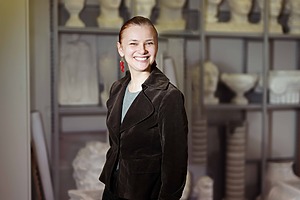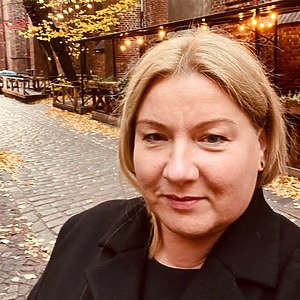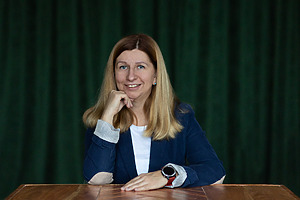Invisible factors such as a sense of belonging, local spirit, and social ties are just as important. Though absent from budgets and city plans, they are crucial for mobilising communities in times of crisis. “These are the elements that often ensure unity, mutual support, and creative problem-solving,” says Gražulevičiūtė-Vileniškė.
Another key ingredient of resilience is trust. “Trust among community members and between citizens and institutions acts like glue – it helps communities come together more quickly and solve problems more effectively,” says Prof. Dr Lina Šeduikytė. She emphasises that trust is not just an emotion – it’s a structural element that enables responsible, efficient action, especially in times of need. The more transparency, inclusion, and dialogue there are between institutions and citizens, the stronger and more resilient the community becomes.
A rich heritage but limited citizen power
While cultural heritage and trust are crucial, true resilience also requires genuine public involvement in city planning and decision-making. The KTU researchers and foreign partners conducted a study in Lithuania as part of the Erasmus+ project UPRUN. The study found that although Lithuanians value their heritage and environment, many feel powerless to influence their surroundings.
“Urban planning may include formal surveys, but real opportunities to participate are often lacking. There’s little feedback, and information doesn’t always reach everyone. This causes frustration and erodes trust in institutions,” says Dr Mlinkauskienė.
Gražulevičiūtė-Vileniškė adds that true inclusion goes beyond surveys – it requires meaningful engagement in decision-making, workshops, and interactive platforms where people’s ideas are seen and implemented.
Researchers from KTU’s Faculty of Civil Engineering and Architecture (SAF) stress that participation must be inclusive – not just for the most active or educated citizens. Information should be accessible in different formats, both online and in person. “We have to go to the people, not wait for them to come to us,” says Januškienė. According to her, resilience begins with listening, empathy, and recognising diversity as a strength.
Many other European cities face similar challenges – passivity, limited engagement, mistrust of institutions, and planning processes that exclude real community input.






